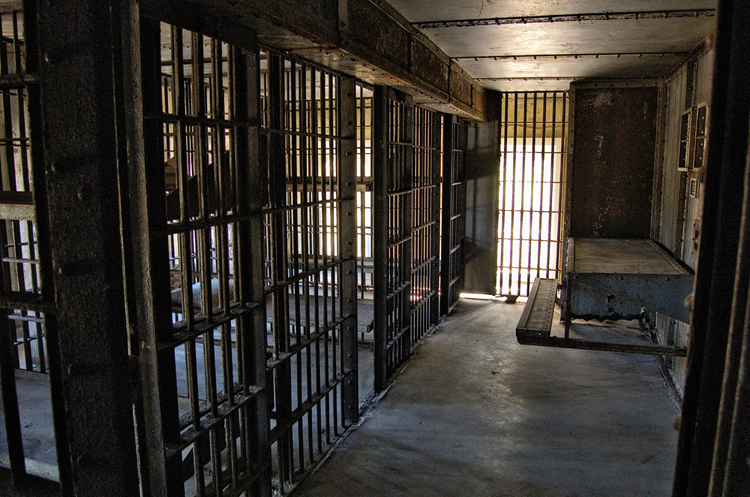Philadelphia DA plans to end 'mass supervision' by cutting length of probation and parole

Photo by Texas Country/Shutterstock.com.
Philadelphia District Attorney Larry Krasner announced Thursday that his office will seek lower terms of probation and parole when making sentencing recommendations and negotiating plea deals.
Krasner already has sought shorter sentences, charged crimes at a lower level, and reduced reliance on cash bail for low-level offenses. Now he hopes to address “mass supervision” of people on probation and parole, report Philly.com, the Philadelphia Tribune, Fox 29 and NBC Philadelphia. A summary is here.
“There’s a period of time when the supervision for some people is useful and is a good thing,” Krasner told Philly.com. “But after that, it just becomes a bunch of tripwires that very few of us could ever keep dancing over.” Krasner uses the term supervision to refer to both parole (supervision after release from prison) and probation (court-ordered community supervision).
Studies show that the positive impact of parole and probation decreases after two years. Both Philadelphia and Pennsylvania outpace other areas in their reliance on supervision.
Pennsylvania has the highest number of adults on parole and the highest rate of parole supervision in the nation, according to a 2018 study by Columbia University. It has the second-highest percentage of people on both parole and probation.
Philadelphia currently has about 40,000 people on probation and parole, compared to 12,700 in New York City, which is nearly five to six times as large as Philadelphia.
Sangeeta Prasad, a fellow at the Stoneleigh Foundation who works in Krasner’s office on parole and probation issues, told the ABA Journal how Pennsylvania law can lead to high rates of supervised release.
Defendants in the state receive a minimum and maximum sentence. When they are released from prison, any time left to reach the maximum sentence is served on parole. Sometimes, a parole period is followed by probation, known as a probationary “tail.”
Krasner is asking prosecutors to request no more than three years of total supervision for felonies, except when state law requires a longer period.
In misdemeanor cases, Krasner is telling prosecutors to request no more than one year of total supervision, except when the law requires a longer period.
Prosecutors could depart from the cap with approval from a supervisor.
Prasad provides an example of how the new policy would work. If a prosecutor seeks a sentence of two to four years in prison for a felon, there is a potential of two years of parole when a prisoner is released after serving the minimum sentence. Under Krasner’s policy, the prosecutor could seek a probation tail of no more than one year, for a total of three years.
Krasner also says parole should be no longer than the period of incarceration. And he is directing prosecutors to recommend no custody for most technical parole violations.
Vincent Schiraldi, author of the Columbia study, thinks Krasner is the first city district attorney leading efforts for probation reform. A similar policy is being developed in Dallas, he told Philly.com.
The states of Arizona and Louisiana also have used caps to reduce supervision sentences, according to Prasad. Thirty-seven in all have reduced the number of people on probation at the same time that crime has gone down, she told the ABA Journal.
Krasner would like Pennsylvania to also enact legislation to reduce supervision.



